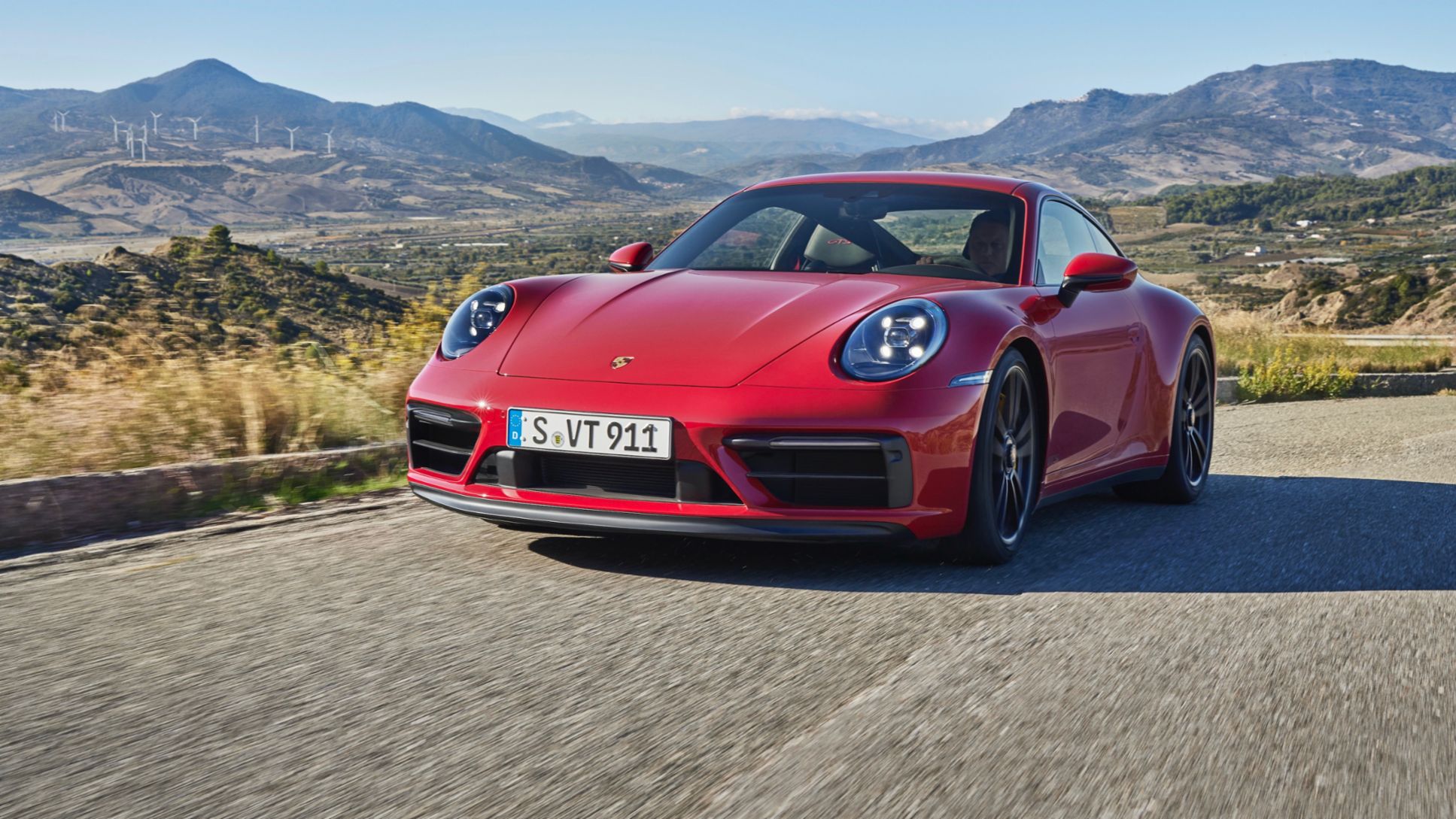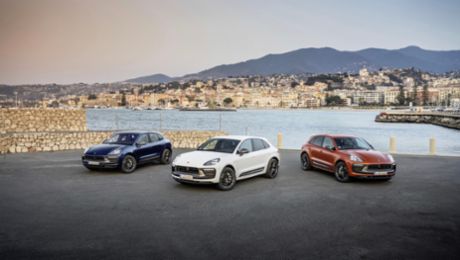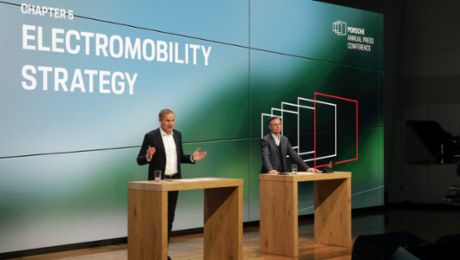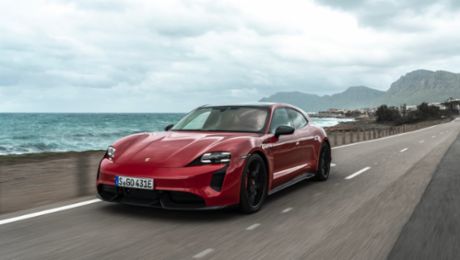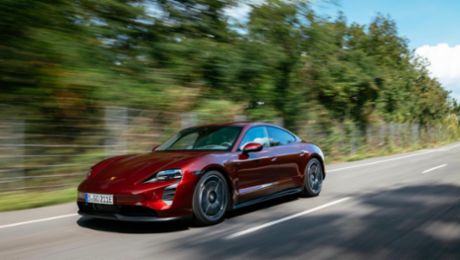Sales revenue grew from 7.73 to 8.04 billion euros, and operating profit from 1.26 to 1.47 billion euros. This is an increase of 4.1 and 17.4 per cent respectively. The return on sales improved from 16.2 to 18.2 per cent.
“Despite all the global challenges, we’re still right on track,” says Lutz Meschke, Deputy Chairman and Member of the Executive Board responsible for Finance and IT at Porsche AG. “In the first quarter, Porsche benefited in particular from a strong sales mix, disproportionate growth in the other business segments and positive currency effects. Due to many external challenges that we cannot influence, it is difficult to provide an outlook. Nevertheless, we are aiming for a return on sales of at least 15 percent in the financial year 2022.”
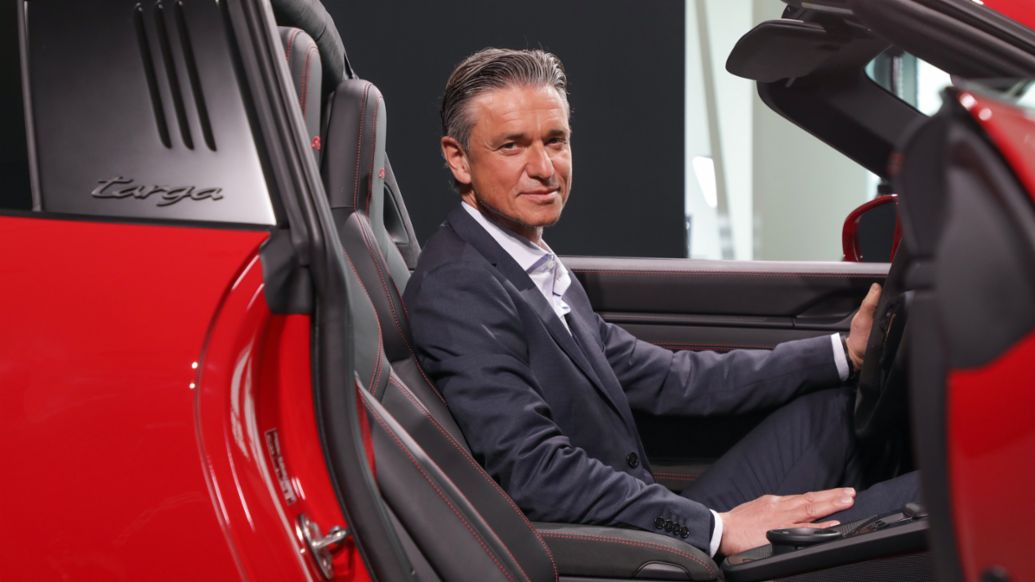
To achieve its high profit expectations in light of the war in Ukraine, the sports car manufacturer has taken additional measures to secure good results. “Our strong quarterly figures show that our task force has done great work,” says Meschke. The sports car manufacturer achieved a growth in revenue despite a drop in deliveries of five per cent compared to the previous year; in the first quarter, 68,426 vehicles were delivered to customers. The bestselling models were the Cayenne (19,029) and the Macan (18,329). The fully-electric Taycan was the third most popular (9,470).
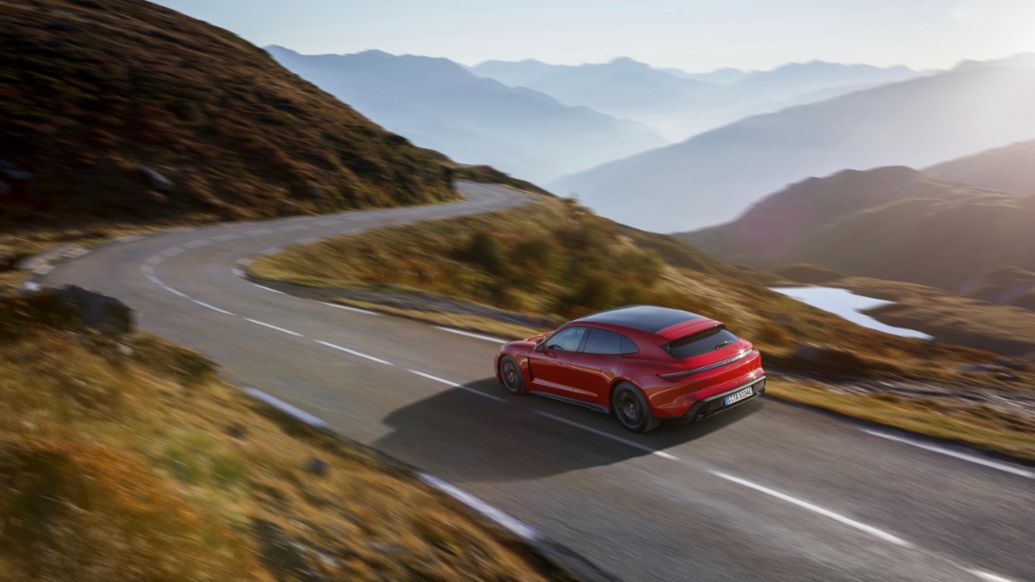
“Our electromobility strategy is showing its effect: 23 per cent of all vehicles delivered were electrified – and 14 per cent were fully electric,” says Oliver Blume, Chairman of the Executive Board at Porsche AG. The company is therefore well on course to achieving its ambitious targets. In 2025, half of all new Porsche sales are expected to be electrified – either fully electric or plug-in hybrid vehicles. By 2030, the proportion of all new Porsche vehicles with an all-electric powertrain is expected to total more than 80 per cent.
Investments in areas relevant to the future
Oliver Blume: “Our order books are full and we’re working very hard to satisfy the demand in spite of all uncertainties. With the mentality of a motorsport team, all employees have shown great commitment in the work they have been doing together, and have performed to the highest standard.” Despite the uncertain conditions around the world, Porsche continues to invest in areas relevant to the future, such as electrification, digitalisation and sustainability. “One thing we can say for certain,” emphasises Meschke. “In-house we have a lean, robust structure in place. The goal of Porsche is and remains to set standards in terms of profitability and cash flow.”
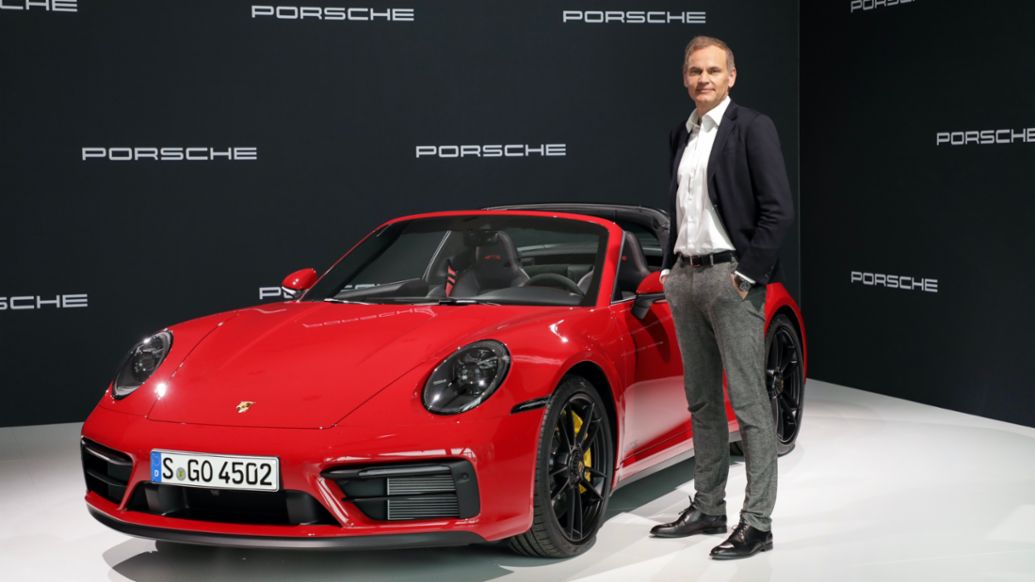
“It is important to us that we impress our customers worldwide, achieve profitable growth and assume social responsibility,” continues CEO Oliver Blume. Porsche has already demonstrated its social commitment in the first quarter, with language courses for refugees from Ukraine and donations to the UN refugee programme. “Our success must not allow us to lose sight of those who are in difficulty through no fault of their own. We are very concerned about the suffering of the Ukrainian people.”
